If you want to chat with someone in the adoption, assisted reproduction or NPE communities, would like to be paired with a mentor, need support identifying family, finding a therapist with experience working with people with misattributed parentage, adoption, assisted reproduction, or an NPE or a genetic counselor, or perhaps just want to talk about your story, please reach out to us at 323-TALK-MPE (323-825-5673).
REQUEST reach out to you (email us at Support @ RightToKnow.us)
***If you are thinking about suicide or worried about a friend, please call 800-273-8255 for immediate confidential support or dial 911 or 988.***
We need your financial support to continue offer our services for FREE and advocate for change
MENTOR PROGRAM
Right to Know offers a mentor program. Having someone to talk to who has experienced something like you have can be validating and help with the healing process. Mentors are screened volunteers who’ve had a similar experience and gone through our training. They are available to walk with you on your journey. You have 4-6 conversations over the course of up to two months. Keeping your journey in the strictness of confidence is our top priority. Having a mentor is not a substitute for mental health therapy. If you’d like a mentor email support @RightToKnow.us or give us a call at 323-TALK-MPE.
Community & Connection
At many points in your journey if you grow up knowing you are adopted, donor conceived, or have an NPE or if you have a DNA surprise, people feel alone. YOU ARE NOT ALONE. There are tens of thousands of people are experiencing the same thing. Right to Know hosts a weekly peer led community and connection online support group with mental health professionals and community experts where individuals share experiences, offer mutual understanding, and provide emotional encouragement in a safe and confidential setting. You must preregister HERE – we never share your information.

Right to Know Information, Brochures, & Forms: email [email protected] to order printed versions
Letter Outreach Advice and Samples
Medical History Request Form (Fillable )
Processing A DNA Surprise with Healing Steps
Self Care Tips
Questions to Ask When Seeking a Therapist
Time to Tell: Adoption
Time to Tell: Assisted Reproduction
COMING SOON – Time to Tell: Non-Paternal Event
Learn
We bring specialists in their field to talk about various aspects of misattributed parentage, adoption, donor conception, and NPEs in our Webinar Series, watch past Webinars. Some past favorites are Artists Journey Through their MPE Discovery; Interacting with Narcissistic Family, Societal Perceptions of Ancestral DNA, Race, and Identity; Exploring Podcasts Navigating MPEs; and more.
Read a book — there are a lot of books about adoption, donor conception, NPEs, and DNA surprises. Or read other people’s journeys. Or watch people talking about their journeys in our Bear Witness project.
mental health professionals

Anyone with an MPE should have access to qualified mental health professionals. Visit our licensed mental health directory to find someone with experience working with people with an MPE.
Right to Know offers training with continuing education credits for mental health professionals assisting people with MPEs.
There are also classes for people struggling with the impacts MPEs on Identity, Loss & Grief, and Reunion.
Understanding your DNA ReSULTS
Trying to interpret your DNA results and matches can be confusing. On Ancestry, the site will list your DNA match’s name and the predicted relationship along with the amount of shared DNA. Make sure you understand centimorgans (cM): a unit to measure genetic linkage between people. For example, a parent and child share about 3700 cMs while a grandparent, half-sibling, aunt/uncle all share approx. 1750 cMs. The amount of cMs for each relationship isn’t exact, it’s a range – for half-siblings you can share anywhere from 1160-2436 cMs.
Take the RIGHT TO KNOW CLASS on understanding your Ancestry.com results
Try DNA Painter’s shared cM tool to help you figure out how you are related to someone. Use the “shared CM tool” to enter in total cMs you share with someone (or the “% of shared DNA” which is what 23 and ME shows) and it will tell you the likely relationship you share. Also, WATO can be a very useful tool once you’ve identified possible genetic family to see the probability of your relationship.
Check out the DNA Geek, the DNA Guide, or Banyan DNA
Identifying your genetic FAMILY - search help
DNAngels can help you find your genetic mother or father for free. Reach out to them via Facebook.
INFORMATION - for ALL THREE COMMUNITIES
Severance is a magazine and community for people who’ve been separated from biological family. Check out their Resources tab, Severance Magazine is a great place to read about MPE issues.
- It’s for anyone who’s fallen out of the family tree and made a hard landing, who’s learned they’re not quite who they thought they were.
- It’s for conversations about what it feels like to have no genetic connection to the families we grew up with.
- It’s about adjusting to shifting realities or living with the unknown.
Adoption
If you would like to order printed copies of this brochure for your office, email [email protected]
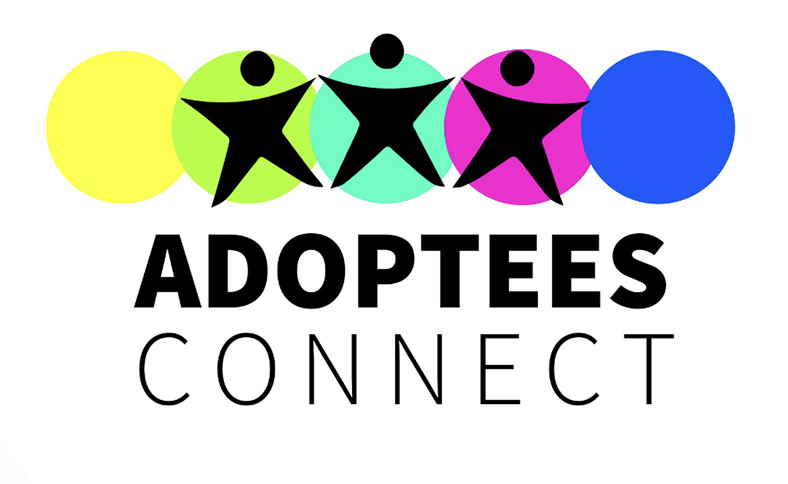
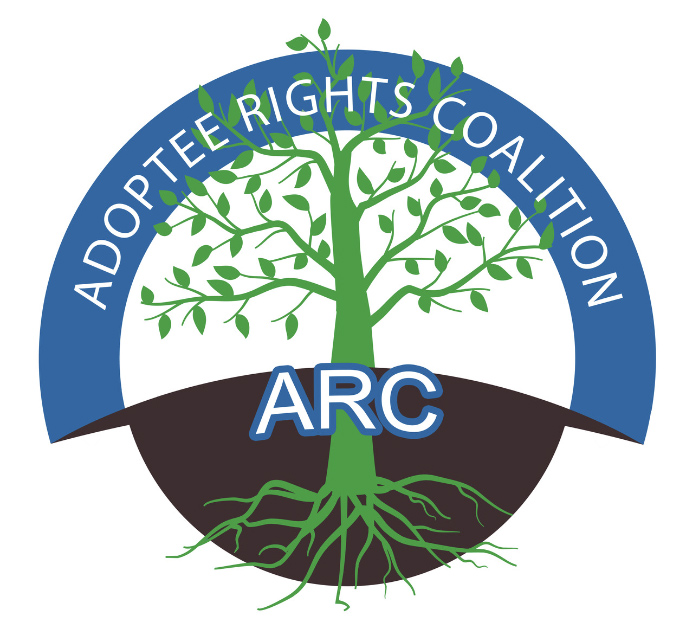
ASRC works to bring truth, education, advocacy, community and healing to those who have been impacted by separation from ancestral connections. They have monthly search, advocacy and emotional support meetings.
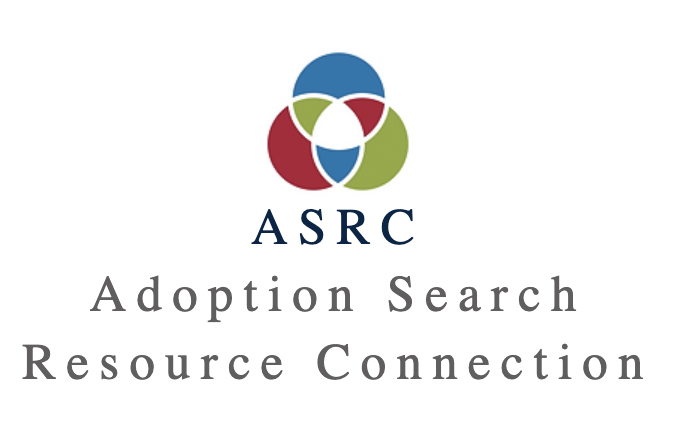
Adoption Mosaic is a BIPOC woman owned, adoptee-led mission-driven business. With the 30+ years of experience of our founder and CEO, Astrid Castro, we have built a strong community who all want to see a new future of ethical and conscious adoption.

Celia Center is a non-profit organization that offers support for all Members of the Foster Care and Adoption Constellation, including birth parents, adopted and fostered individuals, and foster, kinship, adoptive, and legal guardianship families. Check out their support groups.

CTTA was inspired by the idea that state-by-state legislation requires flexible strategies and solutions and multiple paths can lead to the top of the mountain; local advocates and constituents with firsthand knowledge of behind-the-scenes facts and political dynamics are vital expert resources; good bills with dedicated sponsors and passionate grass roots advocates have too often encountered better-funded opponents employing an in-house lobbyist or influential government relations firm; and advocating for Truth and Transparency in Adoption means expanding our vision beyond the basic priority of records access for adult adoptees.

CUB provides support for all family members separated by adoption; resources to help prevent unnecessary family separations; education about the life-long impact on all who are affected by adoption; and advocates for fair and ethical adoption laws, policies, and practices.
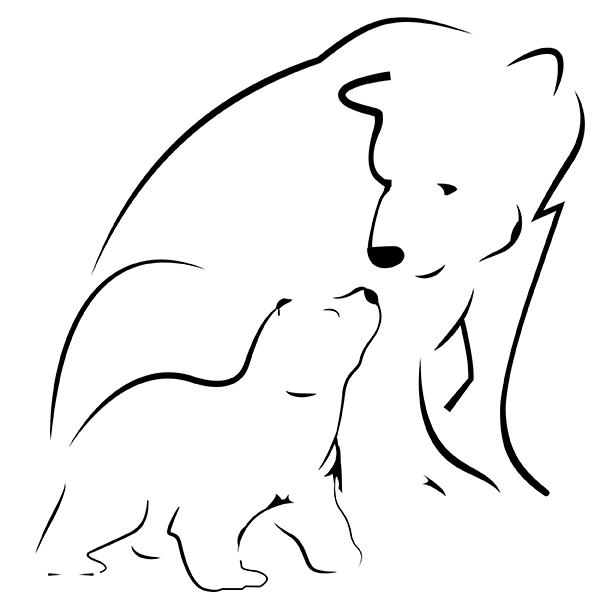
NAAP is diverse group of thought leaders from around the globe working to unify the adoption community through education, collaboration, and advocacy. NAAP serves as an educational resource, assists with finding adoption competent therapists, and lends a hand in searches, first contact, and reunion.
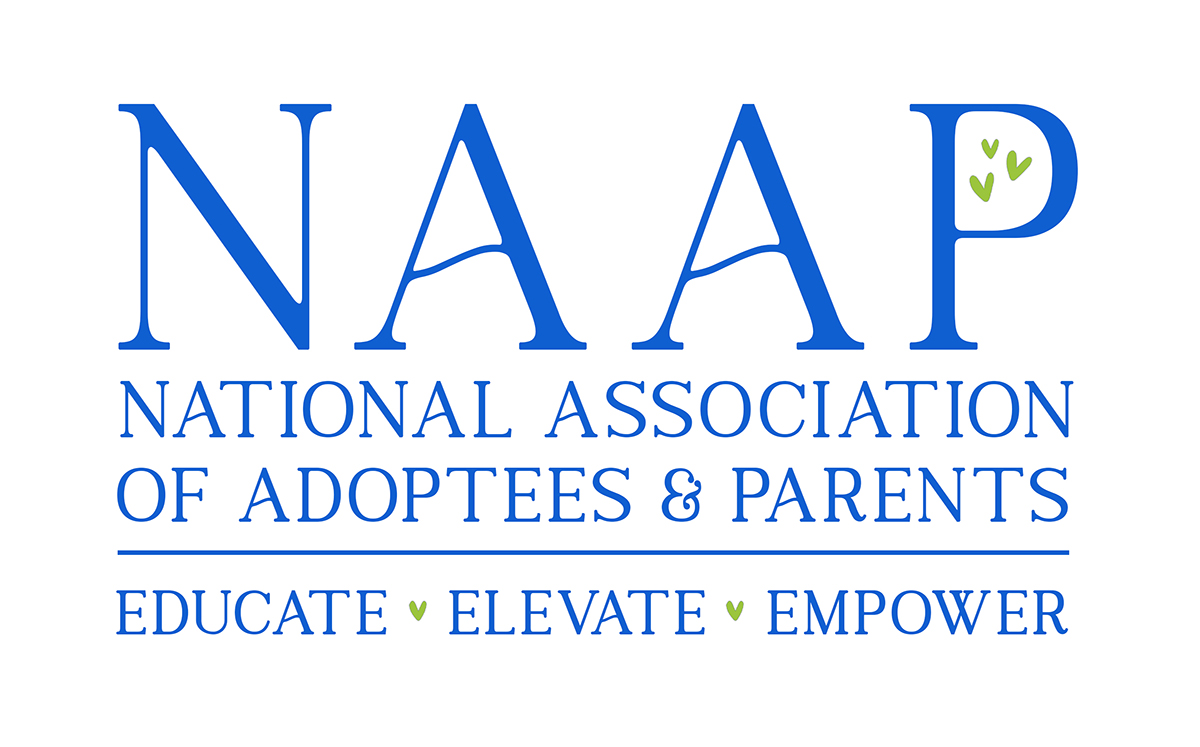
SOS utilizes supports parents and their families, providing them with resources to navigate their crisis & build confidence in themselves and their abilities for two years. By empowering and educating families, they realize that they are who and what their babies want and need and gives them the confidence to overcome their temporary crisis. They provide families the ability to make truly informed decisions – eliminating the trauma of separation for the mother and infant and existing and future generations of their family.

Assisted reproduction
If you would like to order printed copies of this brochure for your office, email [email protected]
DCA aims to be the peak body for donor-conceived people in Australia. Led by donor-conceived people, they offer support, education and advocacy on behalf of people conceived via Assisted Reproductive Treatments (ART) – including sperm, egg and embryo donation throughout Australia. DCA was established to provide benevolent relief to donor conceived persons suffering from emotional and psychological distress; self-identity and mental health illnesses; and structural, societal and legal barriers in accessing information pertaining to their identity. They do this through their three pillars of support, education and advocacy.
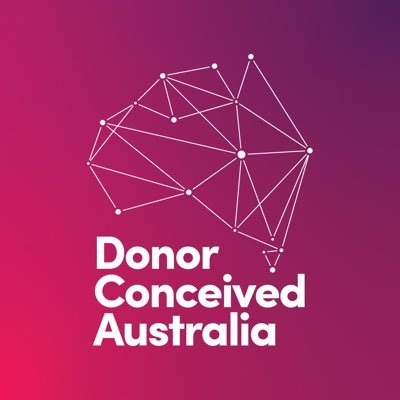
DCC provides peer support, education, and resources for people navigating donor conception & DNA discoveries. With advances in fertility treatment and family building, many donor conceived people face a crisis of wondering “what they’re made of” or who their genetic family is. DCC helps donor conceived people navigate genetic discoveries, connect to supportive community, and cultivate authentic identity and belonging.

The DCN is a supportive charity network of over 2,200, mainly UK-based, families with children conceived with donated sperm, eggs or embryos, those thinking about or undergoing donor conception procedures and donor conceived people.

Donor Deceived tracks cases of broad-based fertility fraud: doctor donor fraud, donor ID fraud, donor medical/background fraud, donor permission fraud as well as large donor sibling groups, and lack of access to donor records.

The Donor Sibling Registry (DSR) serves donor offspring, sperm donors, egg donors and other donor conceived people. It was founded in September 2000 by a mother-and-son team Wendy and Ryan Kramer.

USDCC strives to increase awareness of the needs, interests, and challenges of donor conceived people and advance change that promotes and protects their health, welfare, and human rights. Their vision for donor conceived people begins by prioritizing the best interests of DCP in all matters involving donor conception. They do not tolerate discrimination, homophobia, or transphobia. They acknowledge and respect diverse family structures.
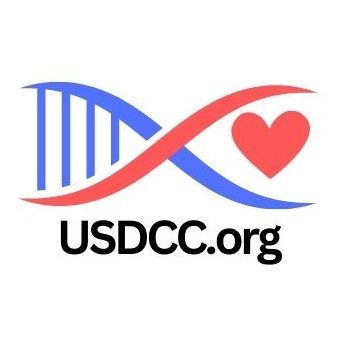
We Are Donor Conceived was launched in 2016 as a resource center for people conceived through assisted reproduction around the globe. It’s also a place to share your story to inspire a greater understanding about the unique challenges people conceived through assisted reproduction experience.
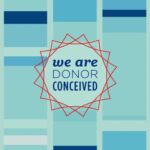
NPE - Non paternal event
NPE Canada is a grassroots, volunteer-based organization focused on supporting NPEs to find community, resources, and their biological families. It is their goal to also amplify and honor Canadian NPE voices.

The NPE Experience is dedicated to providing a safe and supportive environment for individuals who have recently discovered that their parent is not their biological parent, commonly referred to as a NPE.

NPE Friends Fellowship is raising awareness by providing community and education for those affected by an NPE discovery. Our goal is to provide resources to NPEs and their families to encourage healing and peace.

This NPE Guide offers helpful tips to assist people with their not-parent expected event. Stop! Be kind to yourself by allowing sufficient time to absorb the information and craft sensible responses. Believe your DNA test’s results. Find support. Prior to any actions, reflect on your short-term and long-term objectives, risks and benefits of the action and form a plan.


FaceBook Support GROUPS
Not all FB groups are open to everyone. For many, you must answer questions to be admitted in order to protect confidentiality. Click on the “about” section of a group to learn how to become a member.
Facebook can be a good place to learn about adoption, assisted reproduction, NPEs, and MPEs and see that you are not alone. These groups are a great space for getting advice from others who’ve had similar experiences with rejection, dealing with mothers, fathers who raised you, new bio family, sibling confusion, exploring your new heritage, how to reach out, etc; however these spaces can be raw and may trigger strong emotional responses. Facebook groups are not a substitute for professional mental health help. There are many groups out there, try them out and find the one that suits you best. We list groups that promote inclusion, collaboration, and cooperation in supporting the MPE community. Let us know if we’ve missed a group.
Adoptees, NPEs, Donor Conceived & Other Genetic Identity Seekers
Adoptees Only: Found/Reunion, The Next Chapter
Adult Adoptees Support Adopted People
Cross-Cultural Connections from a DNA Surprise or MPE (managed by RTK)
DNA Surprise Support for MPE Friends & Family (managed by RTK)
Donor Conceived People, Siblings, Parents, and Donors
Forum For Late-Discovery Adoptees
Late Discovery Adoptees & Family
MPE Life: DNA Surprise, NPE, Adoptee, & Donor Conceived (DCP) (managed by RTK)
MPE Jewish Identity & DNA Surprises (managed by RTK)
* MPE Counseling Collective (managed by RTK, this is a group for therapists who treat people with an MPE)





